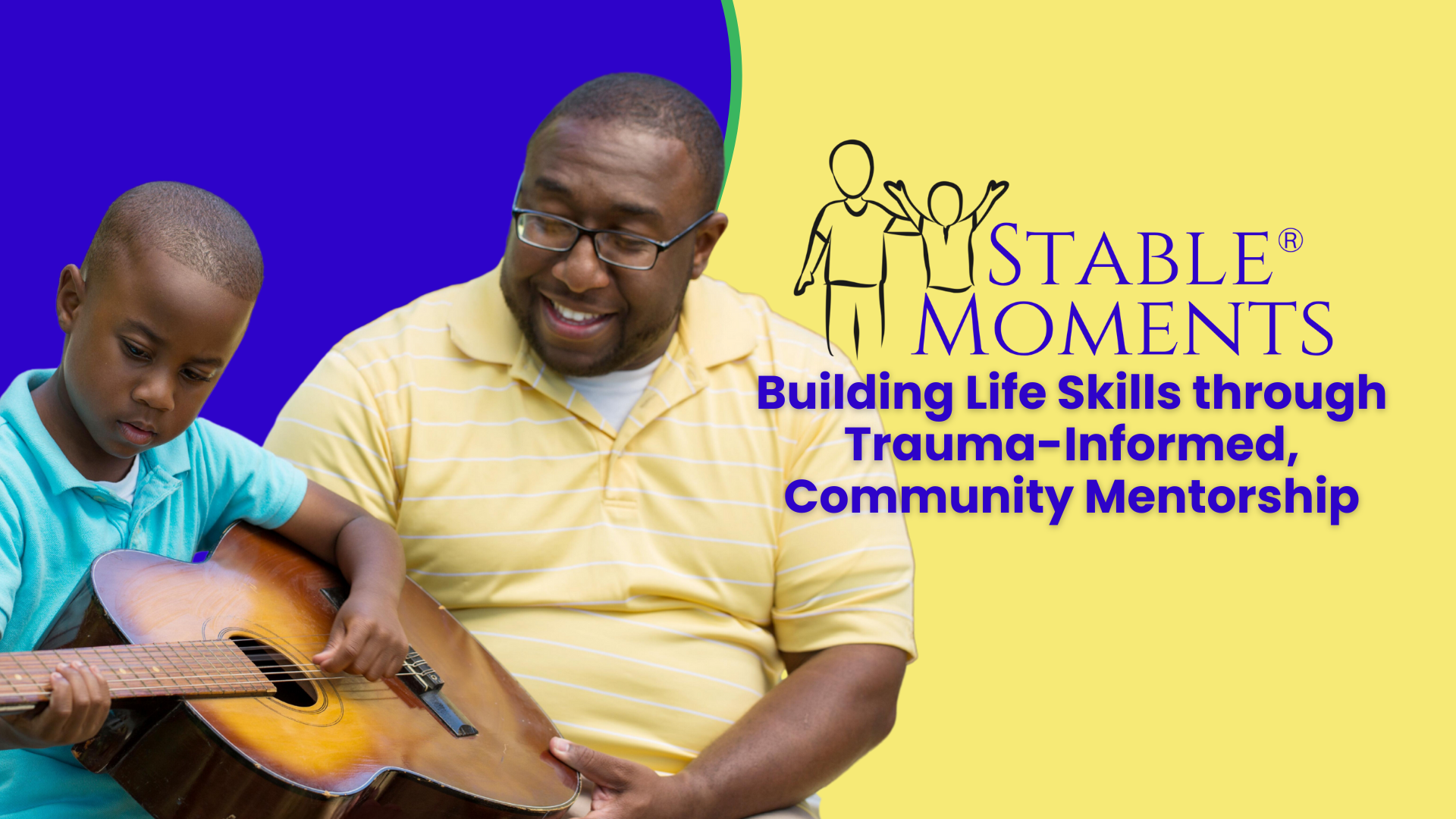5 Reasons Why Children with Complex Trauma Lie
Nov 21, 2023
One behavioral response to childhood trauma is lying. Many foster and adoptive parents grapple with this challenge, seeking understanding and effective interventions.
For children with complex trauma, lying often becomes a survival strategy. It serves as a coping mechanism to navigate a world that may have been unpredictable and threatening. Lying can be a means to avoid punishment, maintain a sense of control, or shield themselves from potential harm. Understanding lying as a survival instinct helps caregivers approach the issue with compassion and a commitment to healing.
In this blog post, we delve into five reasons why children with complex trauma may resort to lying. It's crucial to approach this issue with a trauma-informed perspective, fostering empathy and providing therapeutic solutions rather than resorting to shame.
5 Reasons Children Who Have Experienced Complex Trauma Lie
1. Loss of Trust:
Repeated betrayal or neglect can erode a child's ability to trust others. For these children, lying becomes a defense mechanism to protect themselves from potential disappointment or hurt. Building trust is a crucial aspect of addressing lying behaviors, requiring patience and consistency from caregivers to create a secure environment.
2. Fear of Consequences:
Children with complex trauma may have faced harsh punishments or negative repercussions in their past. As a result, they may lie to avoid what they perceive as unbearable consequences. Recognizing this fear-driven behavior allows caregivers to explore alternative discipline methods that prioritize understanding and connection rather than instilling additional fear.
Even something as simple as asking if a child remembered to brush their teeth, can result in a lie, if this is something they would often get in trouble for. A child from an abusive home may instinctively react with a “no,” if they’re afraid to get in trouble.
3. Dissociation
Sometimes children lie because they are so dissociated they simply don’t remember. I once had a school team complain that a child wouldn’t take accountability for his actions. He had destroyed the bathroom at school and “lied” about it when asked why he would do something like that. The truth was that the child was so dysregulated, that by the time he went to the bathroom he was in a dissociative state as he damaged the property. Later when asked about it he literally didn’t know what they were talking about. He dissociated and destroyed things to deal with his dysregulation. Noticing his dysregulation and supporting him prior to the incident would have avoided this situation.
4. Skewed Reality
Sometimes children need to make up a reality to survive. I once had adoptive parents tell me "he keeps saying he used to have a cat in his biological home and he didn't, we know he didn't have one."
It can be really detrimental to tell a child they are lying and cut off further exploration of what they are trying to communicate. In this case the child would say, "I used to have a cat that protected me."
A therapeutic response would be, "wow, that must have been really nice to have a cat that protected you, do you miss him?" This validates what he is saying, builds trust and keeps the conversation going.
What we knew about this child is he was often locked in a closet and beaten by his mom's boyfriend. He may wish he had a cat that protected him, and for all we know he created an imaginary cat that kept him company in that closet. Validate his feelings and that cat. Let him know it is normal to want to feel protected and that you are so happy he had a protective cat.
5. Filling in Gaps
Children with complex trauma often can't tell the truth while they're in their abusive or neglectful homes. They are asked at school what they did the night before or what mommy made them for dinner the night before. They gain the skill of lying early on to give an appropriate answer. They know better than to say, "We don't have food," or "I was locked in a closet."
Many kids get so good at coming up with the right answer that they don't even know what the truth is anymore. There is a really painful reality and one that the world can digest, and their life is easier when they feed the world what they want to hear. This habit of making up the truth is one that is very hard to break when with every question; you need to know what you're supposed to say. The idea of the truth is foreign.
How Can We Help?
The main thing to remember is that we must hold a non-punitive position and these discussions need to remain curious and exploratory. We shouldn't shame a child for fabrications by asking, "is this another one of your stories?" or cutting off communication by saying, "yeah right, that didn't happen." The goal is to keep the conversation going. Understand this is how the child has learned to communicate their experiences, perception, and reality. It is our job to help them sort through that, so try to see every fiction as an opportunity for discovery. Try playing fact or fiction detailed in this blog post.
Have you seen our free webclass?
One child. One hour a week. One life changed.
Learn how to launch a program today.
Get new activities and trauma tidbits straight to your inbox!
We hate SPAM. We will never sell your information, for any reason.



